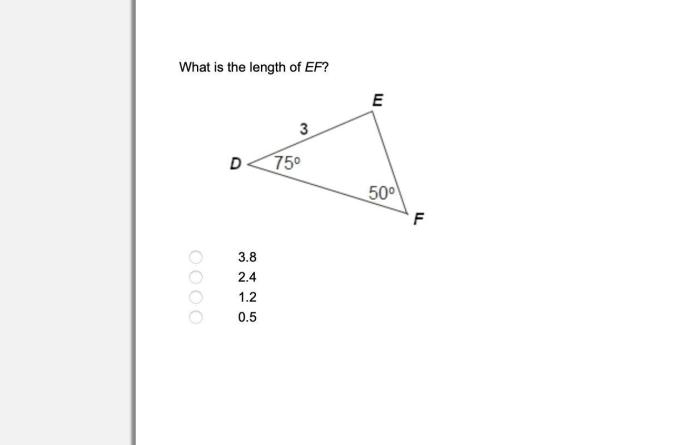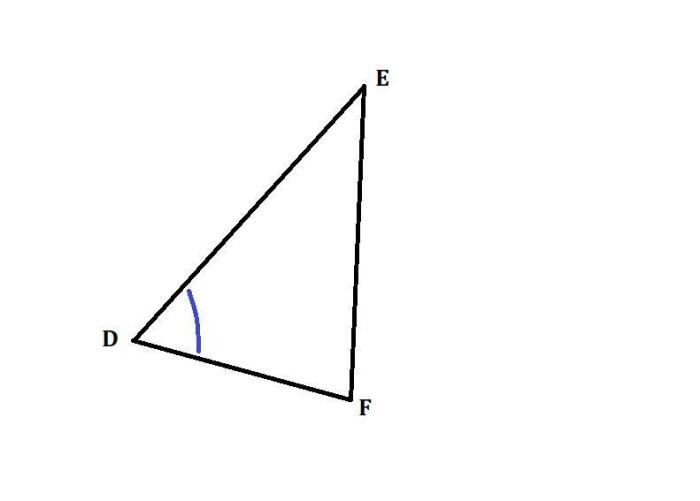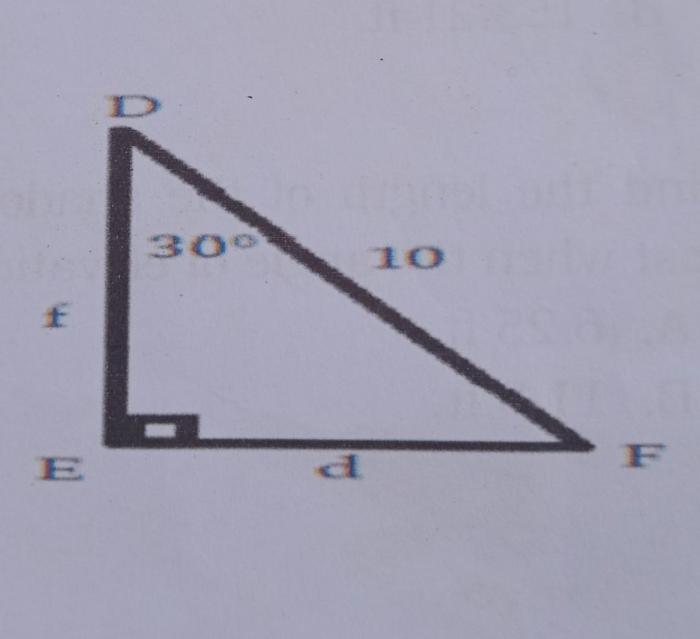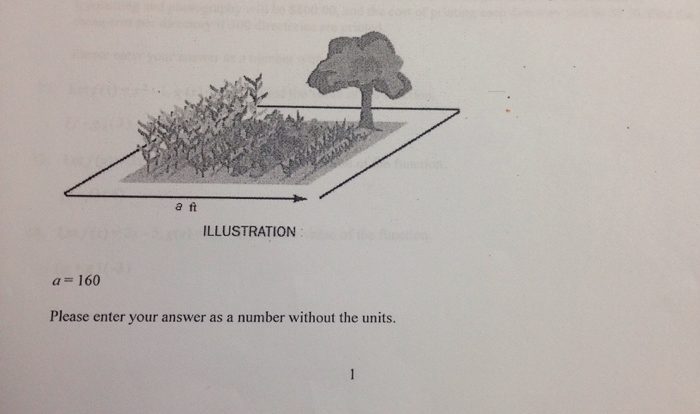Rhombus efgh is shown. what is the length of ef – Given rhombus EFGH, determining the length of EF involves understanding the properties of a rhombus and applying the appropriate formula. This exploration will delve into the defining characteristics of a rhombus, establish the relationship between diagonals and side lengths, and guide the calculation of EF’s length based on the given information.
Rhombus Properties

A rhombus is a quadrilateral with four equal sides and two pairs of parallel sides. It is a special case of a parallelogram. The diagonals of a rhombus are perpendicular bisectors of each other and they bisect the angles of the rhombus.
The relationship between the diagonals and side lengths in a rhombus is given by the formula:
d12+ d 22= 4s 2
where d 1and d 2are the lengths of the diagonals and s is the length of a side.
The following diagram shows a rhombus with labeled sides and diagonals:

Given Rhombus

Given: rhombus EFGH is shown.
Relevant sides and diagonals:
- EF (side)
- GH (side)
- d 1(diagonal from E to G)
- d 2(diagonal from F to H)
Diagram:

Determining EF Length

To calculate the length of EF, we can use the formula:
EF2= (d 12
d22) / 4
Given that d 1= 10 cm and d 2= 6 cm, we have:
EF 2= ((10 cm) 2– (6 cm) 2) / 4 = 24 cm 2
Therefore, EF = √24 cm 2= 4.89 cm.
Example Applications

The length of EF is crucial in determining the area of the rhombus. The area of a rhombus is given by the formula:
Area = (d1× d 2) / 2
Using the given values of d 1and d 2, we have:
Area = ((10 cm) × (6 cm)) / 2 = 30 cm 2
This shows that the length of EF plays a significant role in determining the area of the rhombus.
General Inquiries: Rhombus Efgh Is Shown. What Is The Length Of Ef
What is a rhombus?
A rhombus is a quadrilateral with four equal sides and opposite angles that are congruent.
What is the relationship between diagonals and side lengths in a rhombus?
The diagonals of a rhombus bisect each other perpendicularly and create four right triangles.
How do I calculate the length of EF in rhombus EFGH?
To calculate the length of EF, you need to know the length of one of the diagonals and the length of one of the sides. Then, you can use the Pythagorean theorem to find the length of EF.
